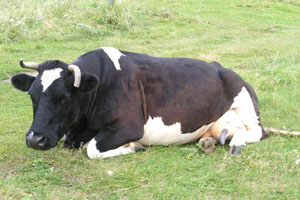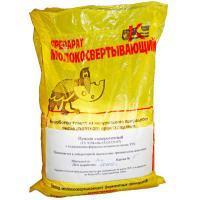Vaccination of livestock against bluetongue: urgent call from the German Ministry of Agriculture
Bluetongue is a viral disease that primarily affects sheep, but can also affect cattle and goats. The virus is transmitted through mosquito bites and can cause symptoms in animals such as fever, swelling, inflammation of the mucous membranes and even death . Of particular concern is the fact that the disease can lead to significant economic losses in livestock farming, as affected animals lose weight and productivity.
Current situation in Germany
According to the Ministry of Agriculture, as of August 17, 2024 , bluetongue had spread throughout almost the entire territory of Germany. The situation is most serious in the western regions of the country, especially in the federal states bordering the Netherlands and Belgium. Since the first reported case in October 2023, there have been more than 3,200 cases of infection. While Saxony remains the only region free of the disease, other states such as Bavaria, Brandenburg and Thuringia have already experienced its effects.
Benefits of Vaccination
The Department of Agriculture emphasizes the importance of vaccination as a measure to reduce animal suffering and economic impacts on farms. Vaccination can significantly reduce disease in vaccinated animals, as has been demonstrated by successful vaccinations in the Netherlands and Belgium. Three different types of vaccines against the BTV-3 variant of the bluetongue virus are available in Germany, allowing you to choose the most suitable product for your specific farm.
Concerns of livestock farmers
Despite calls from the authorities, the results of a survey among livestock breeders show that not all farmers are confident in the need for vaccination. About one-third of those surveyed have already vaccinated their animals, but many remain skeptical. The main reasons for mistrust include concerns about the side effects of vaccines, as well as a lack of information about the long-term HEALTH consequences of animals.
The situation with bluetongue in Germany requires attention and active action on the part of all participants in the process - from the government to the pastoralists themselves. Vaccination is an important tool for controlling the spread of disease and protecting animal health. However, for successful vaccination implementation it is necessary to overcome mistrust among farmers and ensure access to quality vaccines. Only through joint efforts can the spread of bluetongue be stopped and its consequences for livestock production in Germany minimized.



























































